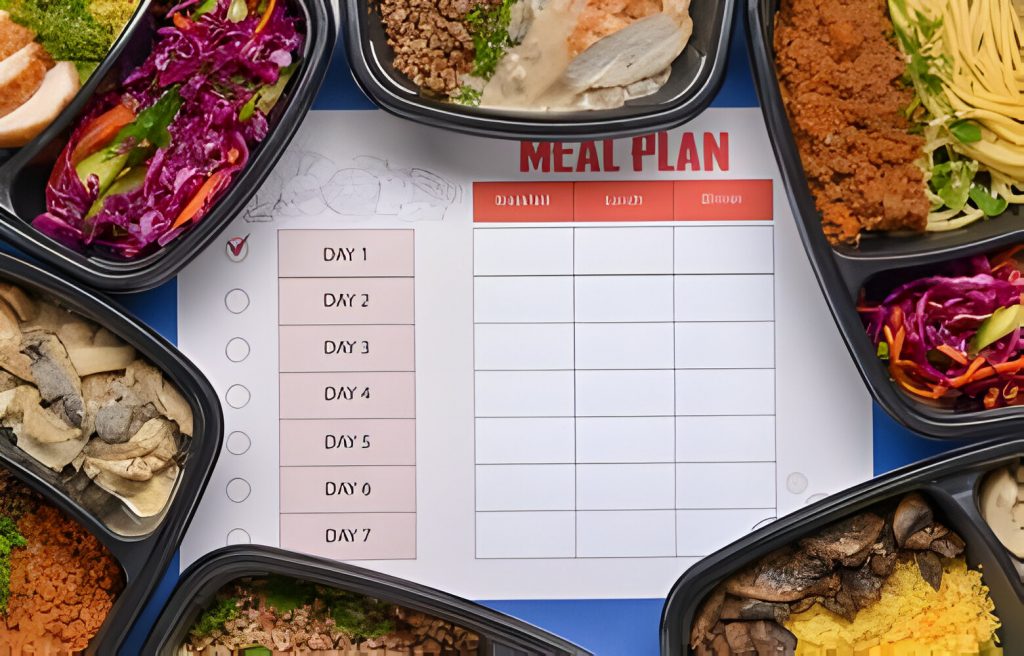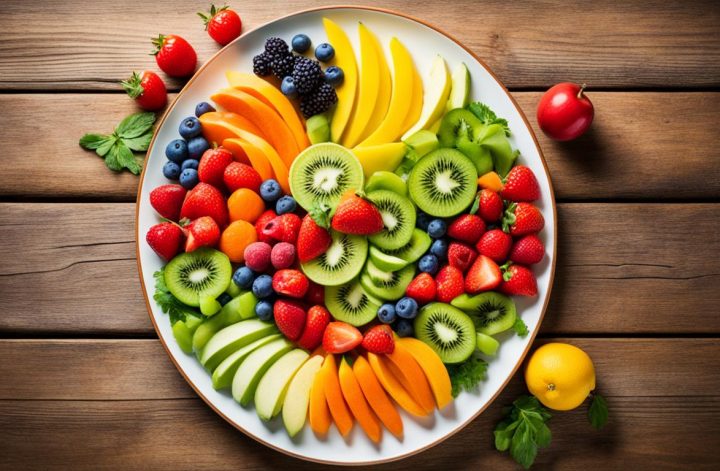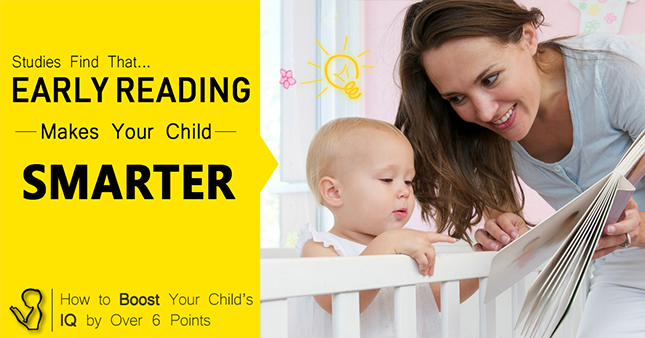Having a baby is an amazing journey, but getting your body back can feel daunting. Wondering about real ways to lose post-pregnancy weight? Amidst outdated advice and quick fixes, expert insights and tailored diet tips are vital. A healthy eating plan after pregnancy can help. It aligns with what your body needs to lose weight after having a baby. Many new moms are finding their strength and confidence again. They do this by following science-backed ways to lose those extra pounds.
Key Takeaways
- Understanding your body’s postpartum changes is vital for effective weight loss.
- Creating a healthy eating plan after pregnancy is more about nourishment than restriction.
- Post-pregnancy weight loss success is built on realistic goals and sustainable habits.
- Incorporating a balanced mix of nutrient-rich foods is key to both weight loss and recovery.
- Staying hydrated plays a dual role in weight management and milk production post-pregnancy.
- Expert guidance can empower you in crafting a personalized and pragmatic approach to postpartum weight loss.
Understanding Post-Pregnancy Weight Loss Challenges
Navigating post-pregnancy weight loss challenges can feel overwhelming. It’s key to understand the changes your body goes through. Realizing the physical and hormonal shifts that impact weight is crucial. Also, setting realistic goals is important. This creates a path that’s not only doable but also keeps you healthy.
Physical and Hormonal Changes After Childbirth
Your body sees major physical changes after childbirth. You might see loose skin or changes in body shape, including diastasis recti. These changes are natural parts of recovery and can affect your weight loss. Along with physical changes, hormonal changes after childbirth might happen. These can change your metabolism and appetite. Understanding these changes is key to managing your weight after the baby.
The Importance of Setting Realistic Goals
Wanting to lose post-pregnancy weight often leads to setting high goals. However, setting realistic goals is crucial for steady progress. Realizing your body needs time to heal after childbirth is important. This approach leads to lasting success and avoids the frustration of unmet goals. Remember, being patient and persistent helps you overcome these challenges.
Best Diet for Post Pregnancy Weight Loss
Starting a healthy diet for new moms can feel tough but rewarding. After welcoming a new baby, you may want to lose the pregnancy weight. A postpartum weight loss diet isn’t about cutting calories too much, especially when breastfeeding. It’s more about the right mix of nutrients for recovery and healthy weight loss.
Adding a variety of foods to your diet helps with losing the baby weight. Here’s a guide to what to eat more of:
- Whole foods instead of processed ones
- Fruits and vegetables for vitamins, minerals, and fiber
- Lean proteins for muscle recovery
- Whole grains and healthy fats for energy
- Lots of water for hydration and milk production
Remember, the quality of calories matters as much as how many you eat. Here is a table showing key foods for your best diet for post pregnancy weight loss.
| Food Category | Examples | Benefits |
|---|---|---|
| Fruits | Apples, Berries, Oranges | Full of antioxidants and fiber |
| Vegetables | Spinach, Broccoli, Carrots | Great for micronutrients and fiber |
| Proteins | Chicken breast, Lentils, Tofu | Helps repair tissue and build muscle |
| Whole Grains | Quinoa, Brown rice, Oats | Keeps energy up and aids digestion |
| Healthy Fats | Avocado, Nuts, Olive oil | Necessary for hormones and feeling full |
Be patient, aim for slow weight loss rather than quick, which can be bad for you. Always check with a healthcare provider or a nutritionist to make the healthy diet for new moms work for you. This is important if you’re breastfeeding or have health issues.
“Patience, persistence and perspiration make an unbeatable combination for success.” – Napoleon Hill
Focus on a diet full of nutrients and give your body time to heal. This way, you’ll safely get back to your pre-pregnancy shape while taking care of your postpartum needs.
Nutrient-Rich Foods to Incorporate into Your Postpartum Diet
Starting your journey back to your pre-pregnancy weight can feel tough. But, adding nutrient-rich foods for postpartum weight loss to your meals helps a lot. It’s not just about losing weight. It’s also about feeding your body the right nutrients for your health during this key time.
Focus on Whole Grains and Fiber
Whole grains and fiber play a big part in a postpartum diet. Eating different whole grains gives you energy through complex carbohydrates. Fiber keeps your digestive system running smoothly. Choose bread, pasta, and cereals that are “whole grain” for the best results. Whole grains and fiber not only keep you full but also help keep your blood sugar steady.
The Role of Lean Proteins and Omega-3s
Lean proteins are important for muscle repair and growth, especially when you add exercise to your routine. Foods like chicken, turkey, and fish are great protein sources without too many calories or fat. Including omega-3s for weight loss in your meals, like in salmon and trout, is good for your heart and helps reduce postpartum inflammation. Lean proteins and omega-3 fatty acids play a big role in eating right for weight loss and recovery.
| Food Category | Benefits | Recommended Foods |
|---|---|---|
| Whole Grains and Fiber | Supports digestion, maintains satiety, stabilizes blood sugar | Brown rice, quinoa, oatmeal, whole-wheat bread |
| Lean Proteins | Aids muscle repair and building, promotes satiety, supports weight loss efforts | Chicken breast, turkey, lentils, low-fat dairy products |
| Omega-3 Fatty Acids | Supports heart health, reduces inflammation, may help with postpartum mood swings | Salmon, chia seeds, walnuts, flaxseeds |
Aligning your diet with your weight loss goals after giving birth is crucial. It’s not all about cutting calories. It’s also about choosing the right kinds of food. Foods like whole grains, fiber, lean proteins, and omega-3s are key. They don’t just help with weight loss. They also boost your overall health and can be beneficial if you’re nursing.
Healthy Eating Plan After Pregnancy
Starting a journey to get back to health and lose weight after pregnancy can be successful with a good eating plan. It’s key to eat balanced meals and know how much to eat for losing weight.
Creating a Balanced Meal Schedule
Keeping your blood sugar stable and hunger in check is possible with a balanced meal schedule. Spread your calories out over the day. Aim for three main meals and two to three healthy snacks. This keeps you from eating too much at meal times and keeps nutrients coming to your body as it heals.
Understanding Portion Sizes for Weight Loss
How much you eat is as important as what you eat when losing post-baby weight. For all meals—breakfast, lunch, or dinner—use visual cues. These can guide you to the right portions without needing to measure everything.

| Meal | Food Group | Recommended Portion Size | Example |
|---|---|---|---|
| Breakfast | Carbohydrates, Protein, Fruit | 1/2 cup, 1 serving, 1 piece | Oatmeal with scrambled eggs and a banana |
| Lunch | Vegetables, Protein, Whole Grains | 2 cups, 1 serving, 1 cup | Grilled chicken salad with quinoa |
| Snacks | Healthy Fats or Protein, Vegetables | A handful, 1 cup | Almonds with carrot sticks |
| Dinner | Protein, Vegetables, Fat | 1 serving, 2 cups, 1 tsp | Salmon with steamed broccoli and olive oil |
A healthy eating plan after pregnancy isn’t just about losing weight. It’s also about healing your body and adapting to life with your baby. Your diet should help your recovery and make motherhood a joyful experience.
Staying Hydrated: The Key to Weight Loss and Milk Production
Staying hydrated is vital for postpartum recovery. It plays a big role in losing weight and producing milk. For nursing mothers, it’s crucial to drink enough. This helps make enough breast milk for your baby.
Hydration is key for a healthy metabolism. It helps break down fats and keep a healthy weight. Staying hydrated also keeps your body running smoothly. This includes managing your weight well.
- Start your day with a glass of water to kickstart your metabolism.
- Carry a reusable water bottle with you throughout the day as a reminder to drink regularly.
- Drink a full glass of water before each meal to aid digestion and control appetite.
- Include water-rich foods in your diet, such as fruits and vegetables, to boost hydration.
“Adequate water intake is paramount after pregnancy, not just for maintaining your overall health, but for aiding post-pregnancy weight loss and ensuring ample milk production.”
Your hydration needs may be different, especially if you’re breastfeeding. Pay attention to your body’s signals. Adjust how much you drink to stay well hydrated. This will help with weight loss and milk production.
Efficient Diet Tips for New Moms
Becoming a new mom brings challenges, like eating right and losing weight. diet tips for new moms are simple and focus on meal planning and choosing healthy fats. Let’s look at ways to keep a good diet with a little one.
Prepping Meals and Snacks Ahead of Time
Preparing meals and snacks early is a top tip for new moms. With meal prepping done weekly, you always have snacks for weight loss ready. This way, you avoid unhealthy food choices. Here are easy steps to plan your meals:
| Day | Meal Prep Task | Example Foods |
|---|---|---|
| Sunday | Chop and store vegetables | Bell peppers, cucumbers, carrots |
| Monday | Prepare protein choices | Grilled chicken, hard-boiled eggs |
| Wednesday | Make and freeze healthy breakfast options | Oatmeal cups, egg muffins |
| Friday | Assemble and store salads | Quinoa salad, mixed greens with vinaigrette |
Choosing Healthy Fats Over Empty-Calorie Snacks
Pick snacks with healthy fats for energy and to avoid hunger. Avocados, nuts, and seeds are perfect. They give nutrients and keep you full, unlike empty-calorie snacks.
Add almond butter to whole-grain toast or avocado to your salads. These choices keep blood sugar stable. This means less craving and overeating.
By planning meals and snacking smart, new moms can achieve weight loss and take care of their babies. Remember, your health is as important as your baby’s.
Weight Loss Myths and Facts for Postpartum Moms
Finding the right diet advice can be tough for postpartum moms, with so many weight loss myths out there. This section is all about debunking post-pregnancy diet myths. We’ll clear up the misconceptions and share real truths to help your weight loss.
Debunking Common Post-Pregnancy Diet Myths
There’s a lot of advice on losing baby weight, but it’s not all true. We’ll tackle some common myths about postpartum weight loss here:
- Myth: You must cut out all carbs to lose baby weight.
- Fact: A balanced diet including whole grains is essential.
- Myth: Extreme calorie restriction promotes faster weight loss.
- Fact: Gradual weight loss is healthier and more sustainable.
- Myth: Certain foods can dramatically speed up metabolism.
- Fact: Overall diet and exercise habits are the key metabolism boosters.
Scientifically Backed Strategies for Weight Loss
It’s key to choose scientifically backed weight loss strategies that are safe and work for postpartum moms. Let’s look at the myths and the truth according to science.
| Myth | Scientific Fact |
|---|---|
| Skipping meals saves calories. | Eating regular, balanced meals supports metabolism and nutrient intake. |
| Snacking is detrimental to weight loss. | Healthy snacks can help control hunger and give you energy all day. |
| Fad diets lead to lasting weight loss. | Lifestyle changes and a balanced diet offer the best long-term results. |
| Certain superfoods will lead to targeted fat loss. | Weight loss comes from your overall diet and activity, not just certain foods. |
Your journey back to health and your body after baby should be real and grounded. With a commitment to scientifically backed weight loss strategies, you’re not just working towards your pre-pregnancy weight. You’re building a foundation for lifelong health.
Exercising for Weight Loss After Pregnancy
Starting to exercise for post-pregnancy weight loss isn’t only about getting back in shape. It also boosts your health. Mixing strength workouts with cardio, and eating well, helps a lot.
Start with safe postnatal exercises that consider how your body is healing. Gentle activities like walking, swimming, or postnatal yoga are good first steps. Your body has changed a lot. So, adding more to your workouts slowly is smart.

Safe Postnatal Exercises to Complement Your Diet
Once your doctor says it’s okay, begin with safe postnatal exercises. Try pelvic tilts, kegel exercises, and breathing deeply while tightening your belly. These aren’t just for losing weight. They also help your body heal after having a baby.
Integrating Core Strength and Pelvic Floor Recovery
Improving your core strength and pelvic floor after giving birth is really important. These areas affect your balance, posture, and how well you get back to fitness. Simple moves like bridges, planks, and squats are very effective.
Sticking with these exercises and eating well are essential. They help you slim down after having a baby and recover strongly. This starts you off well for staying healthy and fit in the future.
Emotional Well-being and Its Impact on Weight Loss
Starting a weight loss journey after pregnancy is a dual focus task. It’s about taking care of your body and your emotions. How we feel directly impacts our eating habits. Knowing the link between stress and weight gain is key to a balanced life.
The Connection Between Stress and Weight Gain
Stress is known for making weight loss hard. Stress releases hormones like cortisol, which make us want high-calorie foods. This leads to weight gain. Even though this is a natural response, it works against our modern goals such as stress management for losing weight. Realizing this can help you find healthier ways to cope with stress.
Techniques for Managing Stress and Emotional Eating
To fight stress’s impact, it’s crucial to handle emotional eating. Find out what makes you turn to food and figure out better ways to cope. This sets you up for success in losing weight and improving well-being. Now, let’s look at ways to deal with these issues and aid your weight loss process.
Remember, emotional well-being and weight loss are interconnected. Tackling emotional challenges is the path to a healthier life.
| Stress-Induced Habit | Healthy Alternative |
|---|---|
| Snacking when not hungry | Drinking herbal tea or going for a short walk |
| Overeating comfort foods | Practicing portion control and mindful eating |
| Neglecting physical activity | Scheduling regular exercise into your day |
| Isolating during stressful periods | Seeking social support from friends or a support group |
Using these methods every day helps you tackle stress and weight gain effectively. They build lasting habits for your body and mind’s health. Each time you manage stress to lose weight, you’re one step closer to a joyful, healthy life after pregnancy.
Conclusion
On the journey of losing weight after pregnancy, there’s a lot to think about. This article gave you top diet tips for new moms. It’s a key guide in your journey to get healthier after having a baby. It’s important to lose weight safely without harming your health. Make small changes and eat foods like whole grains, lean proteins, and healthy fats. These foods are good for you and your baby.
For losing weight after pregnancy, the key is good nutrition, staying hydrated, and exercising the right way. Balance in your diet, support from friends and family, and advice from experts are crucial. If you need help, talk to your doctor or a dietitian. They can help you make choices that are good for you.
As you move forward, remember this: losing weight the right way is about more than just less pounds. It’s about creating a life that fits your new role as a mom. The time after having a baby is full of changes. This includes changes in your body and your feelings. Be patient and kind to yourself. Let these top diet tips for new moms guide you to make good choices, step by step.



